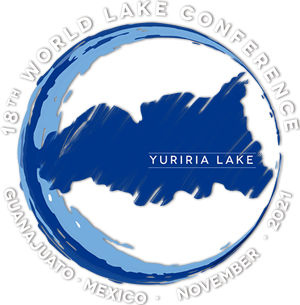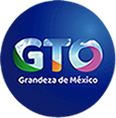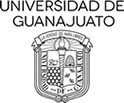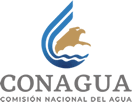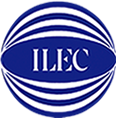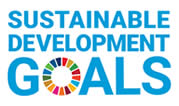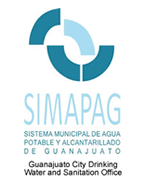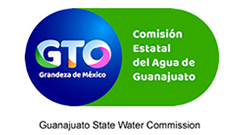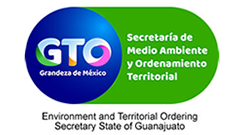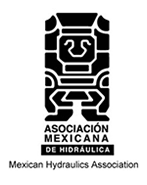The Conference invites discussions and presentations, in English or Spanish, in a wide range of socio-economic and cultural issues related to the sustainable use of lakes, wetlands, and other bodies of standing water, as well as the more traditional and classic topics linked to eutrophication, pollution, and biodiversity, as characterized below;
In-lake issues such as unsustainable fishing practices, the introduction of invasive species of fauna and flora, pollution impacts to water quality and biodiversity, salinity changes, weed infestations;
Nearshore/lakeshore problems such as nutrients from fish cages, domestic and industrial effluent discharges, excessive water withdrawals, and degradation of shoreline wetlands and ecotones;
Problems from lake basin activities such as excess sediment inflows, nonpoint pollution, agrochemical and fertilizer runoff, land-use changes, including urbanization, industrialization, and excessive tourism, and their impacts on the quantity and quality of water runoff, management of stormwater runoff, and the management of infringements on the shoreline region;
Global-scale challenges such as climate-change-related problems and their impacts, water temperature changes, depletion of dissolved oxygen, long-distance transport of airborne pollutants, and dramatic changes in lake basin demography that infringes on the ecological buffering capacity of lakes and other bodies of standing water.
As to address adequately these issues based on the best knowledge gained through experiences and lessons learned globally in recent years, we are inviting you to share with us your ingenuity and foresight gained from diverse transdisciplinary efforts in such areas as:
![]() The Practice of Managing of Water Resources
The Practice of Managing of Water Resources
Managers and Stakeholders are welcome to share their experience on implementing Integrated Lake Basin Management (ILBM); Citizens’ Activities and Environmental Education; Lakeside History and Culture; Lake Basin Heartware; Sustainable Use of Freshwater Resources; Countermeasures and Technologies for Sustainable Use of Ecosystem Service; Biodiversity and Biological Resources; Monitoring Based on Scientific Knowledge; Institutional Management Systems and Policies; or any other topic assisting in achieving governance and sustainability of lakes and their basins.
![]() Science and Technology
Science and Technology
This topic deals, among others, with issues on the elimination of various pollutants present in different bodies of water using technologies that help to preserve, restore, and recover Water Quality, as well as topics on theoretical work, such as numerical simulations on Hydrodynamics and the transport of pollutants in different water treatment processes:
- Numerical simulations of hydrodynamics and pollutant transport.
- Wastewater treatment.
- Technologies to remove persistent organic pollutants.
- Environmental engineering technologies / environmental technologies to solve surface and groundwater problems.
- Other source water pollution problems.
- Among others
![]() Governance
Governance
Governance may include studies, analyses, and research on the theoretical and practical discussion of the applicable policies, management, and organizational structures that deal with water issues. And in particular, how governance of natural and artificial lakes is met thanks to:
- Politics
- Legislation
- Financial Administration
- Among others
![]() Social Ambit
Social Ambit
The social sphere involves the linkages between lakes and reservoirs with human activities related to Culture and Literature; Religion; Education, and History. Anthropology, Human Rights and Social Participation. Those topics include:
- Culture and literature.
- Anthropology.
- Religion.
- Civil participation.
- Education.
- Human Rights.
- History.
- Among others
![]() Environment and Health
Environment and Health
The Conference will present topics related to the impacts of Climate Change, Aquatic Ecosystems, Biodiversity, Water Quality and Sanitation, Integrated Waste Management, Quality of Life, Environmental Health, Energy, Integral Watershed Management, Risk Assessment, and Circular Economy. In this section, other topics related to lake pollution, as well as local projects for the regeneration and restoration of water bodies, are welcome:
- Natural resources
- Quality of life
- Yuriria
- Climate change
- Services
- Among others
![]() Economics
Economics
In this section, we will analyze the economic implications of lakes on basins both locally and globally. We will exchange on irrigation and trade of products generated by water. We will also address issues related to the economic aspects of the sustainability of lakes, such as infrastructure and aquaculture:
- Evaluation of the economic impact of water pollution
- Analysis of the economic impact of the loss of lake-related ecosystem services
- Financing
- Among others
Rapidly-growing transfusion of knowledge and experiences gained from sources of cutting-edge scientific and technological breakthrough to growing experiences on a global scale is critical for strengthening the science-policy-governance interfaces that have gained in importance, as a result of the relevant subjects of discussion to the implementation of targets and goals encompassed in the SDGs.
These practices also translate into important issues that include; Technology for Sustainable Lake Basin Ecosystem Services, Governance and Economic Components of Integrated Lake Basin Management, Social and Cultural Aspects and Benefits of Lake Basin Management, Environmental Components and Goals for Sustainable Lake Basin Ecosystem Services; all of which constitute the thematic of the World Lake Conferences held in recent Editions.
